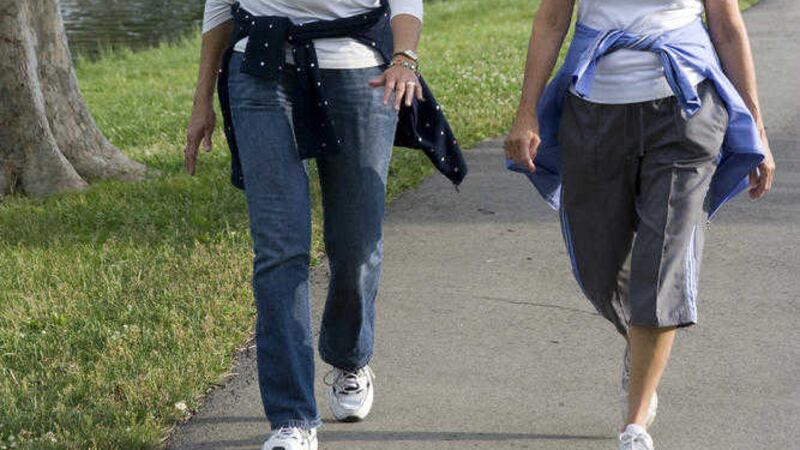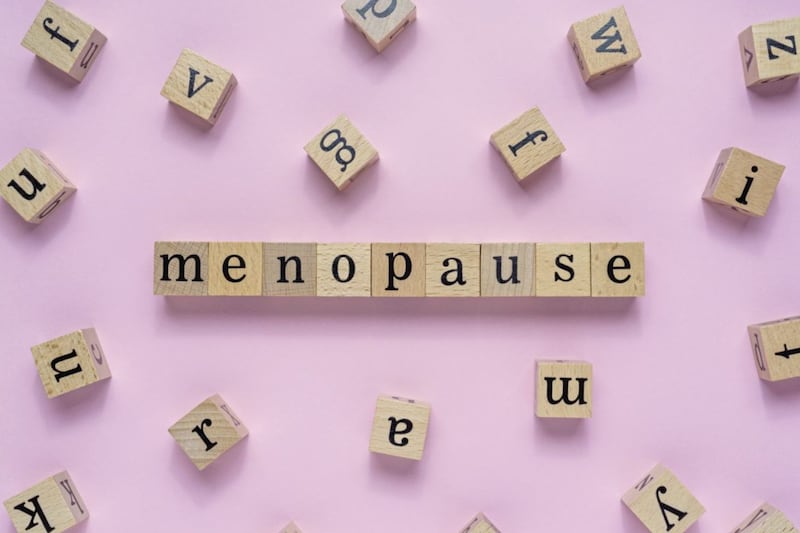IT HAS long been known that exercise improves not just your physical health but is really important for your mental wellbeing too. Researchers, publishing in the journal Preventive Medicine, found that people who walked or cycled to work benefited from improved mental wellbeing in comparison with those who travelled by car.
Data from a series of long-running studies showed that increased walking improved mental wellbeing in a number of areas such as concentration, the ability to make decisions and enjoy normal daily activities, and that it reduced the feeling of being constantly under strain.
This is in addition to the known physical health benefits associated with walking and cycling, such as reduced risk of coronary heart disease, cancer, stroke, and type 2 diabetes.
Carried out at the University of East Anglia’s (UEA) Norwich Medical School and the Centre for Health Economics at the University of York, the research included data on around 18,000 commuters from across the UK over a period of 18 years.
New research reveals exercising for 20 minutes a day can have massive health benefits – and walking is an exercise that most can take part in. Research is beginning to show increasingly how lack of exercise could be even unhealthier than being overweight. Research by the University of Cambridge has revealed that a lack of exercise could be killing twice as many people as obesity.
It is recommended that we all get about 150 minutes of moderate exercise every week. If you're not very active, something as simple as walking for 20 minutes a day could save your life – it's only 10 minutes one way and back!
To achieve maximum benefit, it's thought that you need to aim for 'moderate intensity aerobic activity'. This means you're walking fast enough to raise your heart rate and break a sweat – or find a hill to walk up to increase your fitness level even quicker. One way to tell if you are putting enough effort in is that you'll be able to talk, but not sing.
If you are desk-bound, get up every hour and walk around for two minutes. New research of 3,626 volunteers over a three-year period shows that just walking for those two minutes reduces your risk of premature death by a third by improving heart health and lowering the risk of diabetes.
I have one client who works in an office. Every day at 3pm everyone leaves their desk and climbs the building's five flights of stairs. Great idea.
I love this piece of research: According to the University of California in San Diego, being grateful for the people and things in our lives gives us an enormous health boost.
Gratitude puts us in a better mood, improves our sleep, makes us less tired and lowers our risk for heart disease; it may even reduce the risks of a second heart attack in those who have had an issue in the past. The reason is that gratitude lowers biomarkers of inflammation, which are related to heart health and a whole host of other problems from arthritis to asthma, skin problems and most forms of pain.
During an eight-week trial 186 men and women with heart problems kept a gratitude diary in which they wrote down daily what they were grateful for. All those who took part had their inflammatory markers monitored. All these levels were reduced and most reported feeling more energy and noticed improved sleep.
The researchers say that gratitude is part of a wider outlook on life that is more positive. On a personal note, being positive also affects those around you so the knock-on benefits are also good.
ARE YOU GETTING ENOUGH VITAMIN E?
NEW research has been highlighting the role of vitamin E against Alzheimer’s disease and it is thought that many people don’t get enough of it in their diets – up to 90 per cent of us in fact.
The foods that have good sources of this vitamin, also essential for the health of your heart, include, broccoli, kale and spinach, seeds such as sunflower and sesame, almonds, hazel and pine nuts, avocado, parsley, olives, papaya and oils including hemp, coconut and olive oil.
Make up a mix of seeds and add to your porridge, yoghurt or stir fries; eat papaya for breakfast – it is also really good to stimulate your bowel; cook with the good oils or add a spoonful to your meals after cooking; and try to eat an avocado a few days of the week. And, of course, garnish everything with some chopped parsley. Job done!
:: Roisin Armstrong is an acupuncturist, kinesiologist and EFT practitioner. For an appointment in Portglenone call 028 2582 1333, Holywood or Belfast 0777 0862 637.
r.armstrong@irishnews.com








